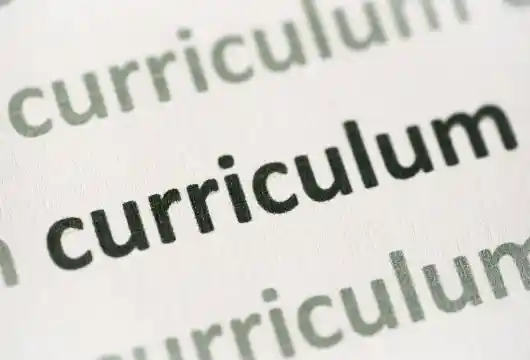Towards A Green Revolution
Quebec’s primary and secondary schools will undergo a significant transformation in their science and technology courses starting in 2026. Education Minister Bernard Drainville unveiled this ambitious plan to revamp the curriculum, primarily focusing on raising students’ awareness of contemporary issues like climate change. The changes will be rolled out gradually, commencing with the introducing of the new Culture et citoyenneté québécoise course in the fall of 2024.
Education Minister Bernard Drainville’s vision for Quebec’s education system strongly emphasizes making students more aware of current issues. In his announcement, he highlighted the need for the curriculum to reflect the rapidly evolving world, including the growing concerns related to climate change and the ever-accelerating advancements in new technologies.
Quebec’s science and technology course will be transformed in two key phases. This new curriculum will become optional at the elementary level in 2026-2027, followed by a compulsory integration in the fall of 2027. For secondary schools, the curriculum revision will follow a similar trajectory, with an optional phase in 2028-2029 and mandatory implementation starting in the fall of 2029.
This groundbreaking educational initiative was unveiled during the annual convention of Quebec’s Science and Technology Education Association (AETQ). Minister Drainville shared his vision for an updated and more relevant science and technology curriculum that equips students with the knowledge and skills to address contemporary challenges.
Greening the Curriculum
The announcement was met with enthusiasm by members of the AESTQ, who have been advocating for a greener school curriculum. The revision aims to incorporate topics related to the environment, including biodiversity, ocean health, and air quality. AETQ’s General Director, Camille Turcotte, endorsed the initiative but urged the minister to prioritize secondary school students to ensure they are well-prepared for the next educational level.
Turcotte emphasized the urgency of this change, especially at the secondary school level. She argued that revising the natural science program for secondary students is imperative, considering that college-level programs have recently been updated. Her stance is reinforced by the fact that secondary 4 and 5 students already have rigorous schedules that may need adjustments to accommodate these essential additions.
Last April, secondary five student Marie Maltais collaborated with the AESTQ to publish an open letter calling for greater emphasis on topics such as biodiversity, ocean health, and air quality in school curriculums. Their efforts align with 60% of high school students surveyed by the Environmental Issues Education Committee, who believe schools should provide more environmental education. Turcotte’s vision is that every student should complete secondary 5 with a robust scientific foundation, enabling them to become informed and proactive citizens.
Quebec’s decision to overhaul its science and technology curriculum marks a significant step toward creating environmentally aware and scientifically informed citizens. The phased implementation of this transformative plan reflects the government’s commitment to preparing students for the complex challenges of our time. With a focus on climate change and emerging technologies, Quebec’s education system is gearing up for a greener and more sustainable future.
CLICK HERE for more inspiring climate news

